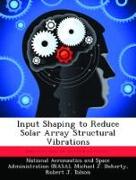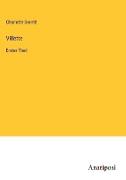Input Shaping to Reduce Solar Array Structural Vibrations
BücherAngebote / Angebote:
Structural vibrations induced by actuators can be minimized using input shaping. Input shaping is a feedforward method in which actuator commands are convolved with shaping functions to yield a shaped set of commands. These commands are designed to perform the maneuver while minimizing the residual structural vibration. In this report, input shaping is extended to stepper motor actuators. As a demonstration, an input-shaping technique based on pole-zero cancellation was used to modify the Solar Array Drive Assembly (SADA) actuator commands for the Lewis satellite. A series of impulses were calculated as the ideal SADA output for vibration control. These impulses were then discretized for use by the SADA stepper motor actuator and simulated actuator outputs were used to calculate the structural response. The effectiveness of input shaping is limited by the accuracy of the knowledge of the modal frequencies. Assuming perfect knowledge resulted in significant vibration reduction. Errors of 10% in the modal frequencies caused notably higher levels of vibration. Controller robustness was improved by incorporating additional zeros in the shaping function. The additional zeros did not require increased performance from the actuator. Despite the identification errors, the resulting feedforward controller reduced residual vibrations to the level of the exactly modeled input shaper and well below the baseline cases. These results could be easily applied to many other vibration-sensitive applications involving stepper motor actuators.
Folgt in ca. 15 Arbeitstagen





